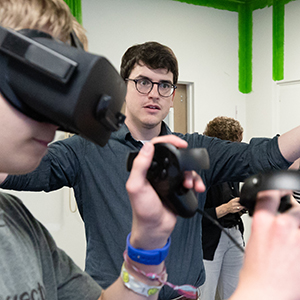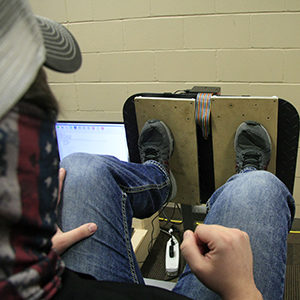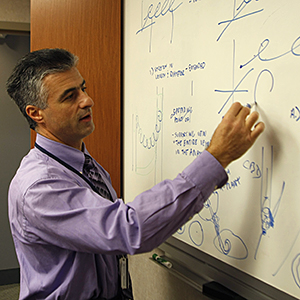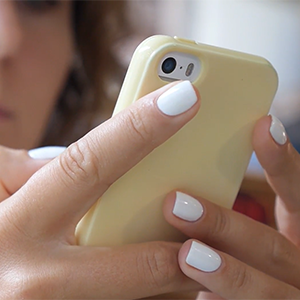Description
Safe, practical simulated environments help autistic patients
Autism Spectrum Disorder is one of the most common developmental disabilities, and results in social, emotional, and sensory processing differences making participation in daily activities difficult. Skill deficits are often practiced in the real world with a behavioral analyst, however numerous skills—such as crossing a road—cannot be safely practiced in the real world. Furthermore, patients are overcome with sensory overload, which cannot be easily manipulated in a real-world environment.
A team of researchers from the Munroe-Meyer Institute at UNMC have developed virtual reality environments to simulate activities of daily living for patients with Autism Spectrum Disorder. The VR environments allow participants to engage with a real-world environment in the safety of a simulation lab. Furthermore, the inventors are integrating biometric data to scale back the sensory experience (e.g., light, sound, etc.) of the virtual environment in real-time.
To discuss sponsored research and licensing opportunities contact Tyler Scherr, PhD, at tyler.scherr@unmc.edu or 402-889-5498.





